Sale!
Iso 9001 2015 Certification
Original price was: ₹8,000.00.₹5,000.00Current price is: ₹5,000.00.
ISO 9001:2015 is an international standard for Quality Management Systems (QMS) developed by the International Organization for Standardization (ISO). The 2015 version is the latest update of the standard, replacing the previous version ISO 9001:2008.
Here are some key points about ISO 9001:2015 certification:
1. **Purpose**: The primary goal of ISO 9001:2015 is to provide a framework for organizations to ensure that they meet customer and regulatory requirements consistently, enhance customer satisfaction, and continually improve their processes and products/services.
2. **Structure**: The 2015 version follows the Annex SL structure, which is a high-level structure shared by many ISO management system standards. This makes it easier for organizations to integrate ISO 9001 with other management systems like ISO 14001 (Environmental Management) or ISO 45001 (Occupational Health and Safety).
3. **Key Principles**: The standard is based on several quality management principles, including customer focus, leadership, engagement of people, process approach, improvement, evidence-based decision making, and relationship management.
4. **Requirements**: ISO 9001:2015 specifies requirements for a QMS that can be used by any organization, regardless of its size or industry. The standard outlines criteria for areas such as context analysis, leadership, planning, support, operation, performance evaluation, and improvement.
5. **Certification Process**: To achieve ISO 9001:2015 certification, an organization must implement a QMS that complies with the requirements of the standard and undergo a certification audit by an accredited certification body. The audit includes a documentation review and on-site assessment to verify that the organization’s QMS meets the standard’s requirements.
6. **Benefits**:
– Improved customer satisfaction
– Enhanced process efficiency and effectiveness
– Better decision-making through data-driven approaches
– Compliance with customer and regulatory requirements
– Competitive advantage in the marketplace
7. **Continual Improvement**: One of the core principles of ISO 9001:2015 is continual improvement. Organizations are encouraged to monitor and measure their processes, analyze data, and implement actions to continually enhance the performance of their QMS.
If you’re considering ISO 9001:2015 certification for your organization, it’s essential to understand the requirements of the standard, conduct a gap analysis to identify areas for improvement, and engage employees at all levels to ensure successful implementation and maintenance of the QMS. Working with a knowledgeable consultant or training provider can also be beneficial in navigating the certification process.

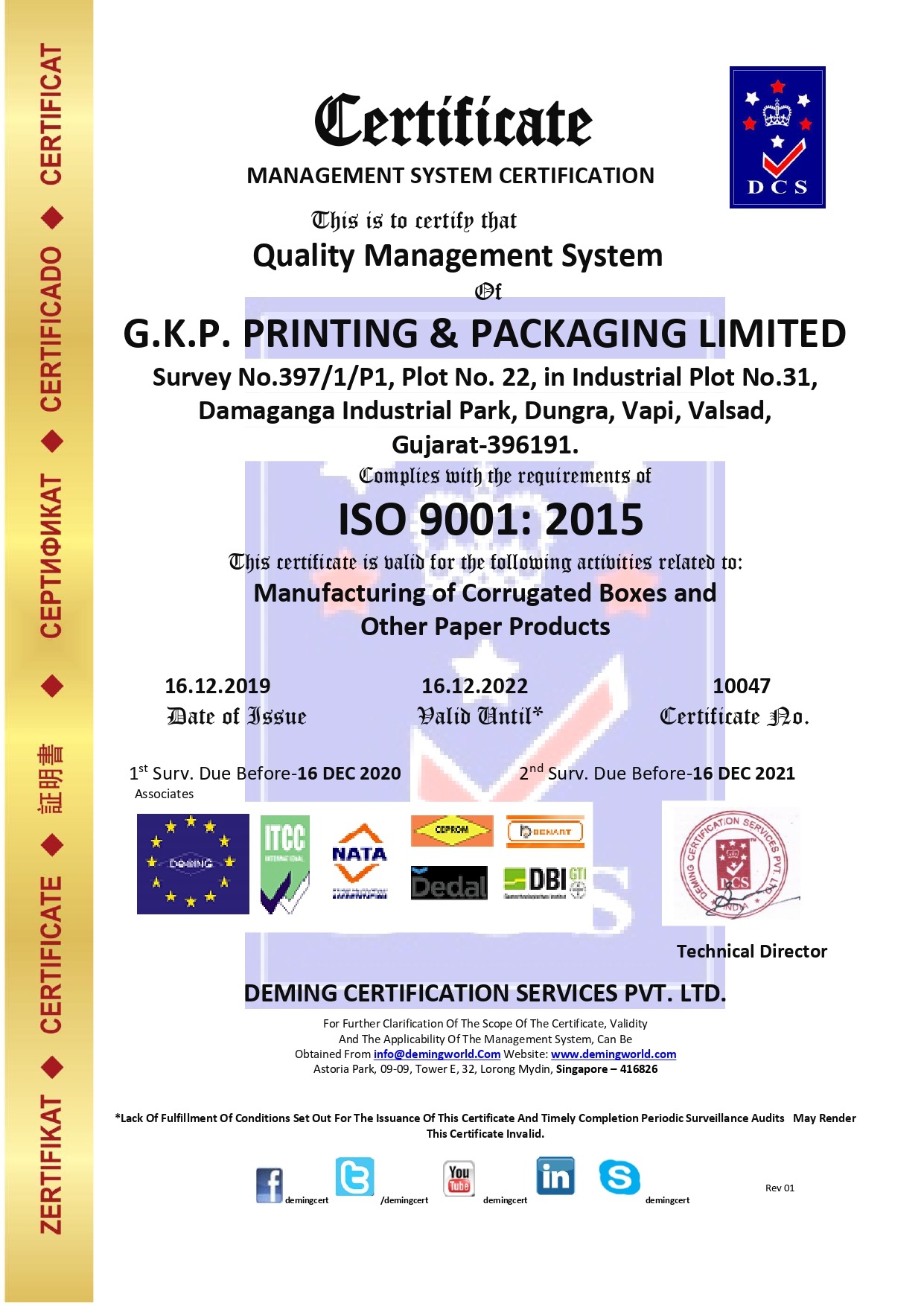
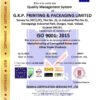

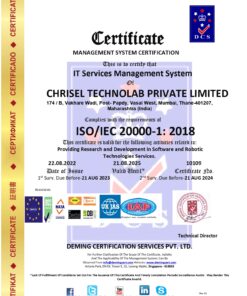


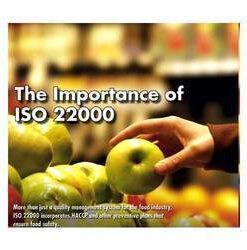


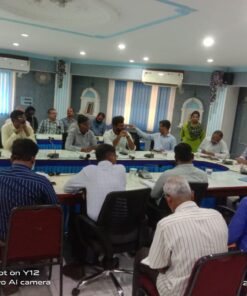
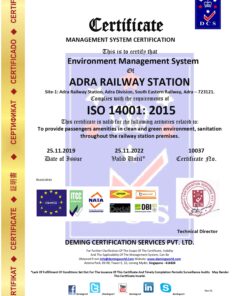
Reviews
There are no reviews yet.